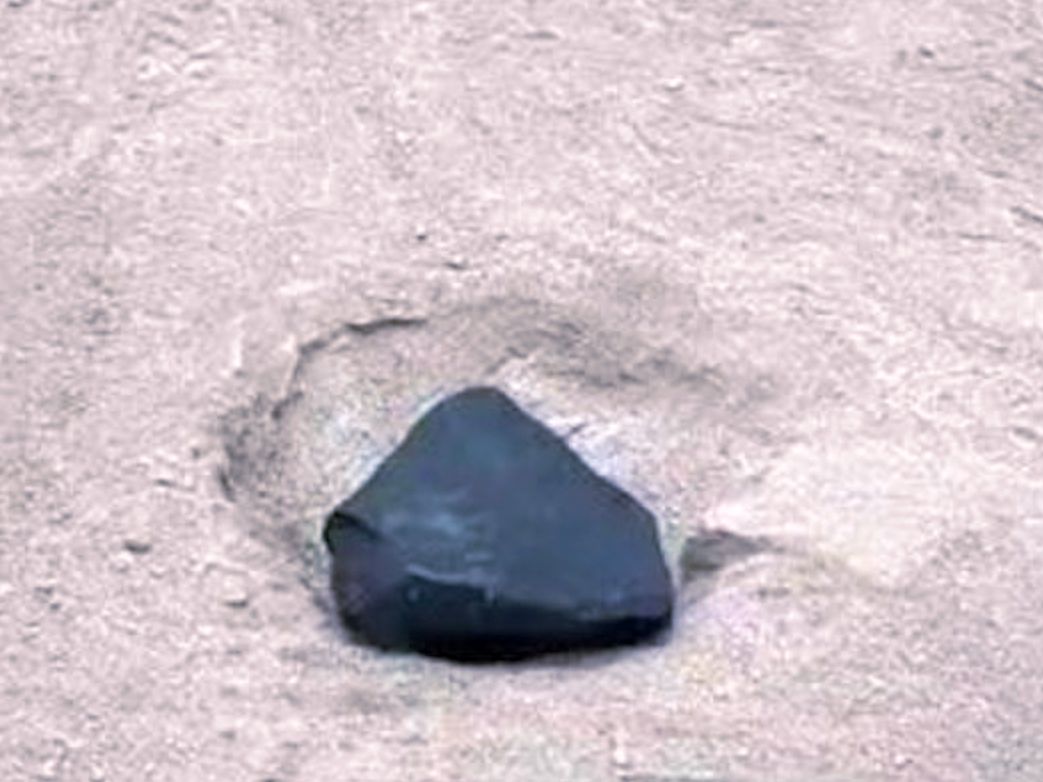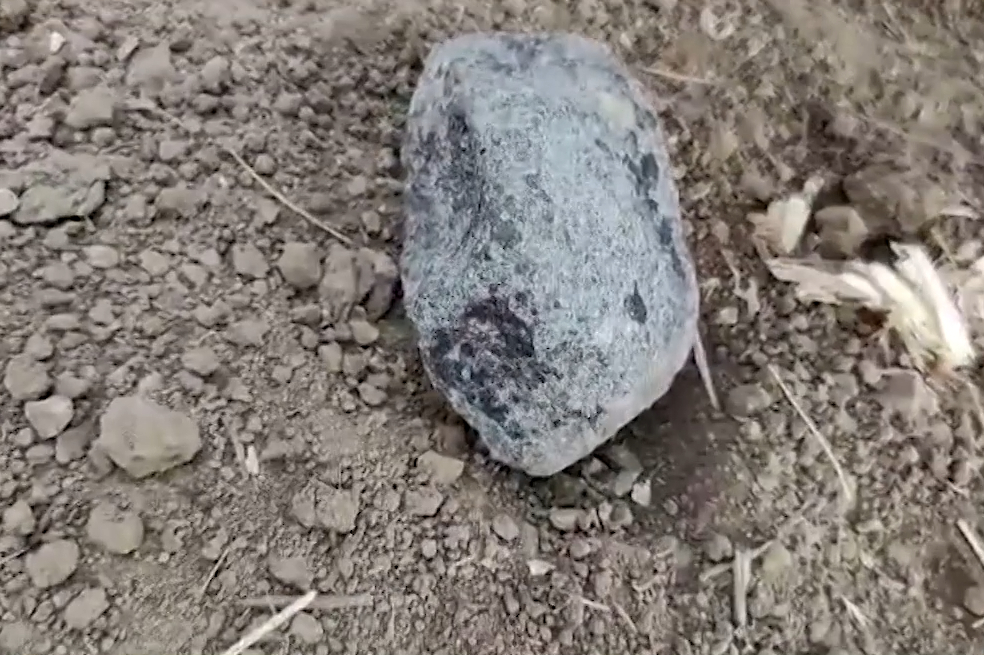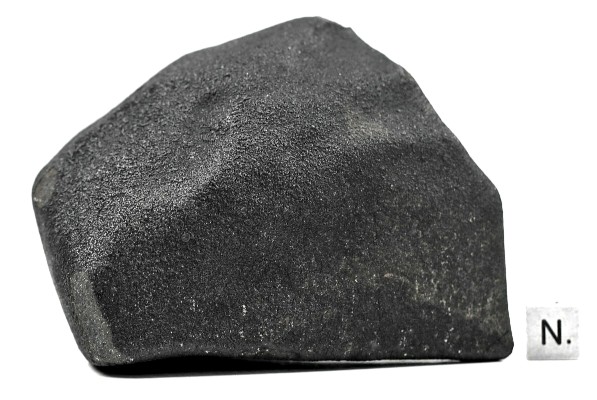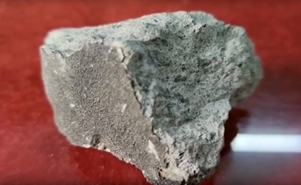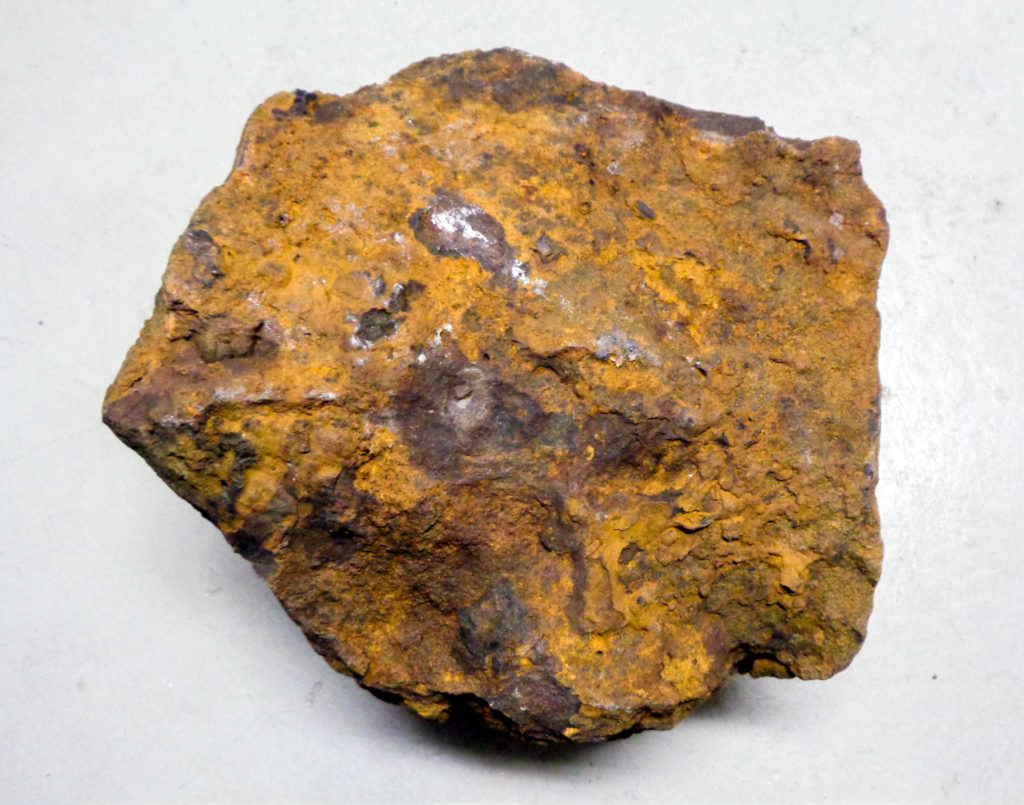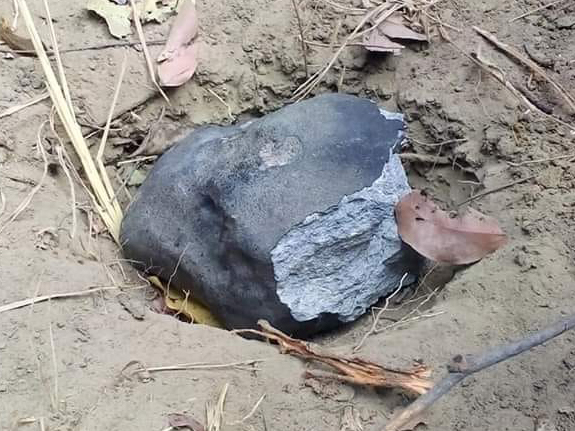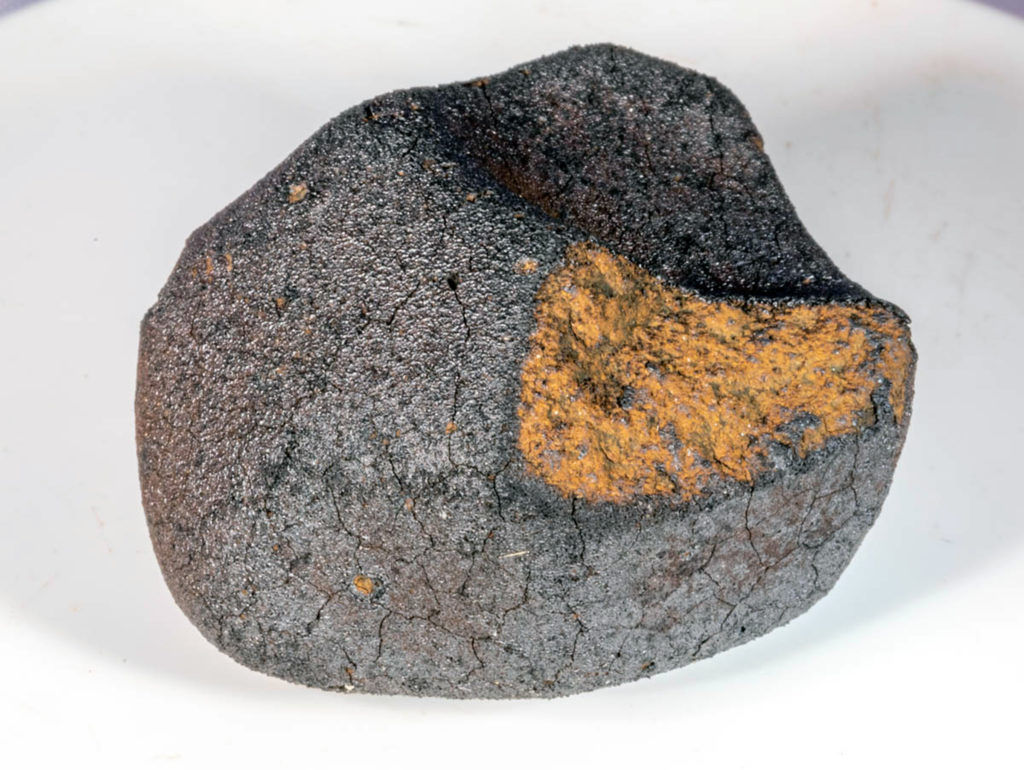Second Russian meteorite search and reconnaissance expedition at Mikheev mountains, southern Wohlthat Mountains, Queen Maud Land, Antarctica (11/2021) – one confirmed meteorite has been found
Last update: 22 December 2021
On 13 November the search team of Ural Federal University (UrFU) and Kazan Federal University (KFU) left South Africa and landed at Novolazarevskaya Research Station in Antarctica after a 5-hour flight. After another flight with a Basler-67 to the field the team arrived in the southern Humboldt Mountains but landed further north than originally planned because their Canadian pilot chose a safer landing site. Then the team looked for a camp site for their tent in the northwestern area of the Mikheev mountains (гор Михеева) (~ 72°06’27.4″ S, 11°24’46.2″ E), about 150 kilometres south of Novolazarevskaya Research Station (Станция Новолазаревская). The mountains were discovered in 1961 and named before 1965 after the Soviet crystallographer Viktor Ivanovich Mikheev (иктора Ивановича Михеева, 1912-1956) during the Soviet Antarctic Expeditions (САЭ). In the morning of 15 November the team began their search activity on the blue ice fields west of Mikheev mountains in the southern Wohlthat Mountains (Wohlthatmassiv) in Queen Maud Land, East Antarctica. The team had originally planned to search for meteorites near ‘Mount Dragon’ (горой Дракон) and possibly the ice fields south of the Moiseyev Mountains (гор Моисеева). By 17 November a first meteorite specimen (field name: PK21001) had been found by Ruslan Kolunin during a reconnaissance trip. It wasn’t found on ice but among terrestrial rocks on a mountain slope in an area which could only be reached by using climbing equipment. The meteorite might officially be named ‘Lazarev’ after classification. Strong gusts of wind (90 km/h) damaged the tent’s supporting arcs on 17 November so that a second extemporary tent had to be constructed out of the remains of the first one. The following night the strong winds caused the tent to collapse again and since more winds were forecast for the following days the team decided to terminate the expedition around 19 November and called the plane to fly them back to Novolazarevskaya station. The meteorite search expedition had a budget of about 30 million rubles (€ 359,400 / $ 405,013). During the few days before the team had inspected the western ice fields and adjacent moraines around the inofficially named ‘Andreevsky peak’ which was climbed by Ruslan Kolunin and Andrei Nazarov. Because of the broken tent, the thin dry air at an altitude of up to 2700 metres above sea level, frequent strong gusts of wind and still very low temperatures (-30 – -40 °C) in Antarctica’s late spring season the team was very exhausted and did not manage to search the planned areas, including the southern slopes of the mountains. On 28 November the team flew back to South Africa and finally arrived in Moscow on 4 December. After that they had to stay in quarantine for about two weeks. The meteorite search expedition was part of the 67th Russian Antarctic Expedition and was inspired by expedition head Prof Viktor Grokhovsky (Виктор Гроховский) of Ural Federal University (UrFU). Some of the collected rock specimens will be brought back by the team in their backpacks, the remaining finds will be shipped from Antarctica onboard the ‘Academician Fedorov / Академик Федоров’ research vessel in April and will arrive in St Petersburg in June 2022. Another search expedition to the Mikheev Mountains is planned for December 2022. It is apparently intended to focus on the southern ice fields around the Mikheev Mountains, which could not be searched during this year’s expedition.
Members of the search team are Alexander Pastukhovich (Александр Пастухович), Vitalij Lazo (Виталий Лазо), Ruslan Kolunin (Руслан Колунин), who already participated in the first Russian Antarctic meteorite expedition (12/2015-01/2016). They are joined by Kazan University’s Danis Nurgaliev (Данис Нургалиев), Roscosmos cosmonaut Sergei Kud-Sverchkov (Сергей Кудь-Сверчков) and expedition investor Andrei Nazarov (Андрей Назаров).
According to UrFU a ‘weakly magnetic’ meteorite has been found by Ruslan Kolunin. It will be X-ray CT scanned at Kazan Federal University and analysed at Ural Federal University.

The meteorite (here not in situ), discovered by Ruslan Kolunin (Руслан Колунин), was not found on an ice surface. For the photo above it was placed on the ice near Mikheev mountains. The photo was sent from Novolazarevskaya station in Antarctica on 25 November 2021. Photo: Ruslan Kolunin

The Wohlthat Mountains with its blue ice fields, south of Novolazarevskaya Research Station (Станция Новолазаревская), marked in red.

Mikheev mountains with their northern and southern blue ice fields in the southern Wohlthat Mountains.

Mikheev mountains and their surrounding ice fields with the possible location of the camp site.
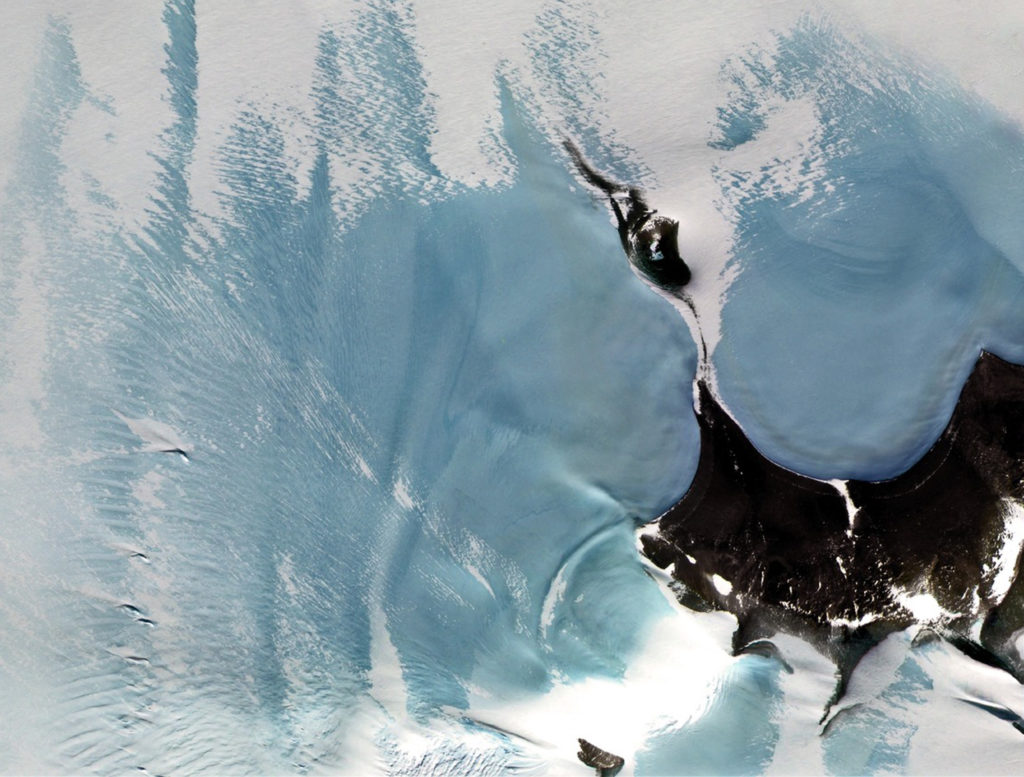
The northwestern ice fields of the Mikheev mountains, photographed by a Canopus-B satellite on 17 November 2021. Photo: ROSCOSMOS

Camp at Mikheev mountains. Photo: Ural Federal University

Northern view from the ‘Andreevsky peak’, a formerly unnamed mountain top in the western Mikheev mountains. Photo: Ruslan Kolunin
Press conference with Alexander Pastukhovich (Александр Пастухович) on 22 December 2021
Video: University TV UrFU (30 November 2021)
LINK (15 November 2021)

